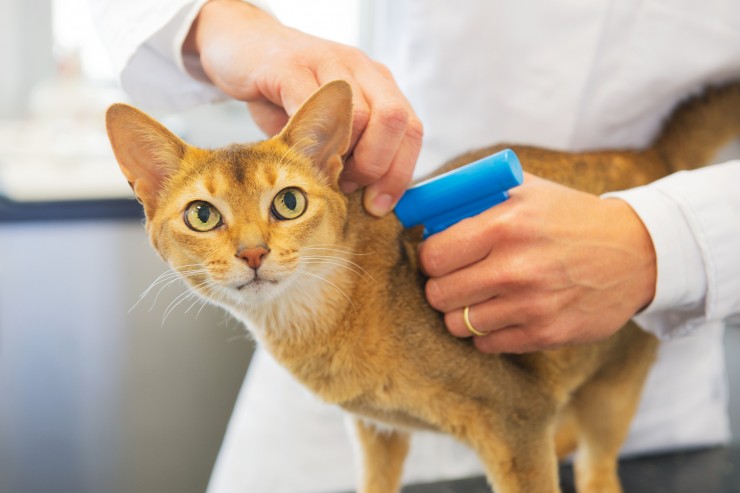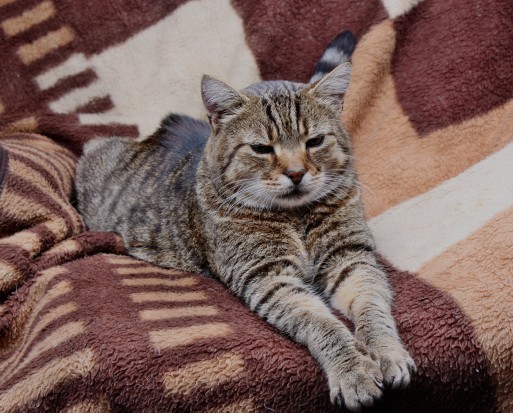
Before anyone can become a successful horseman there must be an understanding between owner and animal. The horse is in many ways like a child. He forms habits readily and whether they are good or bad is up to you. The good habits must be developed and the start of bad ones stopped at the first sign. You must build confidence. Establish in your horse's mind your method of approval and whenever he does your bidding always use the same manner of compliment whether it be reward or voice.
The horse's upper lip is his finger. He uses it to examine everything. Before presenting something new to your horse, let him feel it with his lip. Don't rush him. Let him take his time. You will be surprised how quickly he will accept what is requested. A horse and rider work best as a unit.
Because the main quality of this unit is understanding a rider will get the most from his horse if the animal has full confidence. He fears disfavor, so we work on his craving for approval. The best way to become acquainted with a horse and to discover his little idiosyncrasies is by grooming. Take much time at this, and stop to talk and pet him. He will not understand the words, but it will accustom him to the tones of your voice.
Have a few pieces of carrot in your pocket so he will look to you for tidbits. However, don't feed him sugar. The animal becomes so fond of it that he will get overanxious and be apt to nip at you in an effort to get more. Make your horse feel you mean him no harm when you approach him. You will notice how alert he is at this time because he does not know what to expect from you. Horses often sleep on their feet. Be cautious until you get to know him well.
When you approach him in the stall, be sure he knows you are behind him before entering. Be sure his weight is on the side on which you intend to enter. If he is inclined to kick or if you startle him, you can be safely out of the way before he can change position and kick with the leg on your side. You will find that your horse will relax around you as soon as he is used to your presence and knows how you will act around him.
Take every precaution with a new animal until you thoroughly recognize his likes and dislikes. When walking around his rear, stay close to him. If he should kick, he will only be able to shove you, but if you are two feet away you could receive the full impact of the kick.
An animal likes the feel of a hand. Run your hand along his back when close to him. Examine your horse thoroughly to see what condition his coat, head, and feet are in. A rough coat may indicate worms or improper feeding. Examine his feet for small rocks and need of trimming.
Sometimes a new horse is hard to catch in a pasture. If you carry bits of carrot or apple when you go to catch him you will find he will come to you as soon as he sees you. Don't approach in a hurry.
A horse who thinks you are not interested in catching him will soon approach you with the hope of a "handout." If you have taught him to "come," then stop and wait for him. Some like to run a little, to tease, before they decide to come to you. Let him have his fun; it is quicker than chasing him. Don't leave your horse tied for hours at a time. Always tie him while grooming or cleaning his feet.
If these guidelines are followed, you and your horse should become acquainted in no time.
 Causes Of Atraumatic Bleeding In The Dog
Causes Of Atrauma
Causes Of Atraumatic Bleeding In The Dog
Causes Of Atrauma
 Pet Friendly Companies, And Etiquette When Taking Your Dog To Work
Pet Friendly Comp
Pet Friendly Companies, And Etiquette When Taking Your Dog To Work
Pet Friendly Comp
 Dogs Trust Exposes Puppy Smuggling Scandal And Flaws In The Pet Passport Scheme
Dogs Trust Expose
Dogs Trust Exposes Puppy Smuggling Scandal And Flaws In The Pet Passport Scheme
Dogs Trust Expose
 New Mini Microchips For Domestic Pets Launched
New Mini Microchi
New Mini Microchips For Domestic Pets Launched
New Mini Microchi
 6 Signs Your Cat Could Be Showing Their Years
6 Signs Your Cat
6 Signs Your Cat Could Be Showing Their Years
6 Signs Your Cat
Copyright © 2005-2016 Pet Information All Rights Reserved
Contact us: www162date@outlook.com